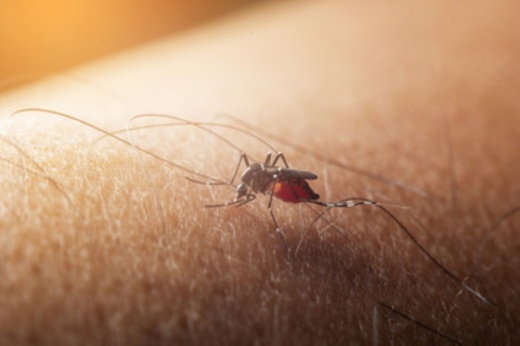The city of Frisco announced May 21 that two mosquito pools in the Village Lakes and Shaddock Creek Estates communities have tested positive for West Nile virus. No human cases of West Nile have been confirmed in Frisco this year.
The pools are near Copper Point Lane and Shaddock Creek Lane, according to a news release. In response, Frisco is increasing surveillance efforts in some public areas in Heritage Lakes, Village Lakes, Crosspoint Park and Park Place Estates. The neighborhoods around the Trails of Frisco Golf Club and Cottonwood Creek Park and Trail will also see further surveillance.
Environmental health staff and a third-party contractor will increase “boots on the ground,” according to the release. The parties will search for areas of standing water that could turn stagnant and potentially require larvicide.
“The city will not be spraying at this time. With all the rain we’ve experienced this month, our best course of action is to continue surveillance,” Environmental Health Supervisor Julie Fernandez said in the release.
The city also announced May 14 that the Creekside at Preston neighborhood on the city's northeast side will see increased surveillance after a mosquito pool tested positive for West Nile.
Homeowners are urged to treat backyard pools if evidence of mosquito larvae is found. Particular attention should be paid to pools damaged during the recent winter storm, according to the release.
A list of precautions—known as “The Four Ds”—for West Nile virus are promoted by the Texas Department of State Health Services:
- DEET: Use approved insect repellents that contain DEET, picaridin or oil of lemon eucalyptus every time you go outside.
- Drain: Drain standing water that collects in bird baths, French drains, clogged gutters, saucers under potted plants and “splash blocks” at the end of gutter down-spouts.
- Dress: Wear long sleeves and pants at dawn and dusk.
- Dusk or dawn: Use air conditioning, and make sure doors and windows have intact screens.





